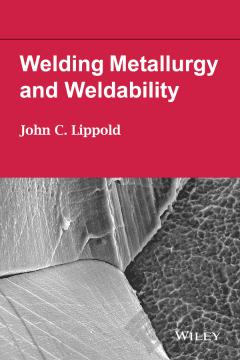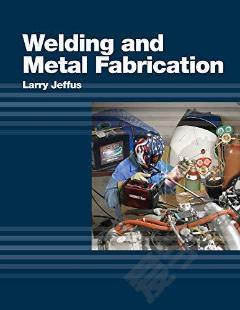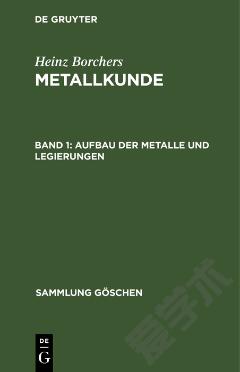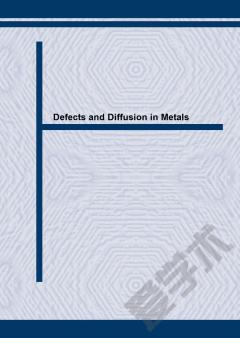Welding Metallurgy and Weldability
Describes the weldability aspects of structural materials used in a wide variety of engineering structures, including steels, stainless steels, Ni-base alloys, and Al-base alloys Welding Metallurgy and Weldability describes weld failure mechanisms associated with either fabrication or service, and failure mechanisms related to microstructure of the weldment. Weldability issues are divided into fabrication and service related failures; early chapters address hot cracking, warm (solid-state) cracking, and cold cracking that occur during initial fabrication, or repair. Guidance on failure analysis is also provided, along with examples of SEM fractography that will aid in determining failure mechanisms. Welding Metallurgy and Weldability examines a number of weldability testing techniques that can be used to quantify susceptibility to various forms of weld cracking. Describes the mechanisms of weldability along with methods to improve weldability Includes an introduction to weldability testing and techniques, including strain-to-fracture and Varestraint tests Chapters are illustrated with practical examples based on 30 plus years of experience in the field Illustrating the weldability aspects of structural materials used in a wide variety of engineering structures, Welding Metallurgy and Weldability provides engineers and students with the information needed to understand the basic concepts of welding metallurgy and to interpret the failures in welded components.
{{comment.content}}








 京公网安备 11010802027623号
京公网安备 11010802027623号